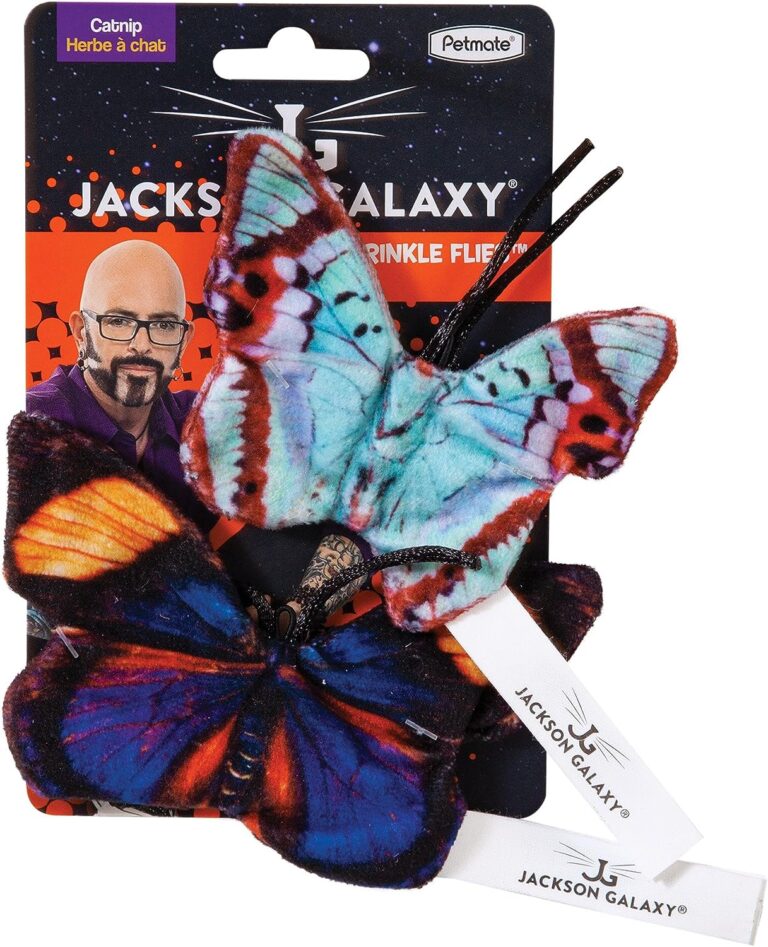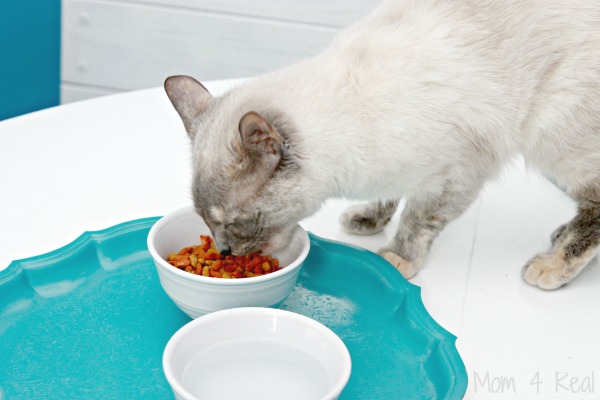When Do Male Kittens Start Spraying
If you’ve recently brought home a male kitten, you may be wondering when they will start spraying and how to prevent it. Dealing with a cat that sprays indoors can be frustrating and unpleasant. Not only does it create an unwanted odor, but it can also damage your furniture and require extensive clean-up. In this article, we will explore when male kittens typically begin spraying and provide some helpful tips to curb this behavior, helping you maintain a fresh and pleasant home environment.
Understanding Spraying Behavior in Male Kittens
What is spraying?
Spraying, also known as urine marking, is a common behavior in male kittens and adult cats. It is the act of releasing a small amount of urine on vertical surfaces, such as walls or furniture, to mark their territory. Unlike regular urination in a litter box, spraying is usually done in a standing position and the urine is often more pungent due to the presence of pheromones.
Why do male kittens spray?
Male kittens spray for various reasons, but the primary motivation behind this behavior is marking their territory. By spraying, they communicate their presence to other cats, both male and female, and establish their boundaries. It serves as a form of communication and a way to identify their territory as a part of their instinctual behavior.
Difference between spraying and urinating
While both spraying and urinating involve the release of urine, there are some key differences between the two behaviors. Urinating is a normal bodily function that cats perform to empty their bladder. It usually occurs in a squatting position and is done in a litter box. On the other hand, spraying is a deliberate behavior that involves the cat standing and releasing small amounts of urine on vertical surfaces to mark their territory.

Age and Development of Male Kittens
When do male kittens reach sexual maturity?
Male kittens reach sexual maturity at different ages, depending on various factors such as breed, genetics, and environment. Generally, male kittens reach sexual maturity between 5 and 9 months of age. However, some kittens may mature earlier or later than this average range.
When do male kittens start spraying?
Male kittens typically start spraying once they reach sexual maturity. This generally occurs around the age of 6 to 8 months. However, some kittens may start spraying as early as 4 months, while others may not exhibit this behavior until they are a year old or even older. It is important to note that spraying may also depend on individual temperament and environmental factors.
Factors that influence spraying age
Several factors can influence the age at which male kittens start spraying. Genetics play a role, as some breeds may exhibit spraying behavior earlier than others. The presence of intact male cats in the vicinity can also influence spraying age, as the presence of competition may trigger this behavior earlier. Additionally, stress, changes in the household, or the introduction of new pets can also contribute to the onset of spraying behavior in male kittens.

Identifying Spraying Behavior in Male Kittens
Signs of spraying in male kittens
Identifying spraying behavior in male kittens can help in addressing the issue effectively. Some signs to look out for include:
- Vertical surfaces marked with urine: Male kittens will spray small amounts of urine on vertical surfaces like walls, furniture, or door frames.
- Frequent sniffing and marking behaviors: Male kittens may exhibit increased sniffing and marking behaviors in specific areas.
- Squatting without urinating: Male kittens may squat without actually urinating, indicating their intention to spray.
- Presence of strong odor: Spraying urine contains pheromones that emit a strong, distinctive odor that is often more potent than regular cat urine.
Other possible causes of urination outside the litter box
Not all instances of urination outside the litter box are related to spraying behavior. There can be other causes, such as:
- Litter box aversion: Male kittens may avoid using the litter box if it is not kept clean or if it is in an inconvenient location.
- Medical issues: Certain medical conditions, such as urinary tract infections or bladder stones, can cause kittens to urinate outside the litter box.
- Stress or anxiety: Changes in the household, such as moving to a new location or the introduction of a new pet, can lead to urination outside the litter box as a response to stress.
How to differentiate spraying from other behaviors
Differentiating spraying from other behaviors can be done by observing the context and pattern of the behavior. Spraying is typically done on vertical surfaces, while regular urination usually occurs in a squatting position in the litter box. Additionally, spraying is often accompanied by marking behaviors, such as sniffing, scratching, or rubbing against objects. If you notice specific areas being consistently marked by urine, it is likely to be spraying behavior.

Dealing with Spraying in Male Kittens
Preventing spraying behavior
Prevention is key when it comes to dealing with spraying behavior in male kittens. Here are some preventive measures you can take:
- Early socialization: Expose male kittens to various environments, people, and animals during their early stages of development to reduce stress and anxiety, which can contribute to spraying behavior.
- Provide multiple litter boxes: Having multiple litter boxes placed strategically throughout the house can reduce the likelihood of spraying, as it provides ample options for the male kitten to use.
- Clean marking areas: If a male kitten has already sprayed in specific areas, thoroughly clean those areas with an enzyme-based cleaner to remove the scent and discourage re-marking.
Spaying or neutering male kittens
One of the most effective ways to reduce or eliminate spraying behaviors in male kittens is through spaying or neutering. This procedure helps in controlling hormonal changes that trigger territorial marking behaviors. It is recommended to spay or neuter male kittens before they reach sexual maturity, ideally between 4 and 6 months of age. However, even adult male cats can experience a reduction in spraying behavior after being neutered.
Behavior modification techniques
In addition to spaying or neutering, behavior modification techniques can be employed to address spraying behavior in male kittens. These techniques include:
- Positive reinforcement: Rewarding desirable behaviors, such as using the litter box, can help reinforce appropriate elimination habits and discourage spraying.
- Environmental enrichment: Providing engaging toys, scratching posts, and perches can help fulfill the natural instincts of male kittens and reduce stress, which can contribute to spraying behavior.
- Feliway diffusers: Feliway is a synthetic pheromone that mimics the calming pheromones released by cats. Plugging in Feliway diffusers in the areas where spraying occurs can help reduce the urge to mark territory.

Seeking Professional Help
When should you consult a veterinarian or animal behaviorist?
While most cases of spraying in male kittens can be managed with preventive measures and behavior modification techniques, there are instances where professional help may be necessary. Consult a veterinarian or animal behaviorist if:
- The spraying behavior continues despite spaying or neutering.
- The spraying behavior is accompanied by other abnormal behaviors or symptoms.
- You are unsure of the underlying cause or need guidance on implementing effective techniques.
Treatment options for persistent spraying behavior
In cases of persistent spraying behavior, your veterinarian or animal behaviorist may recommend additional treatment options, such as:
- Medications: In some cases, medication may be prescribed to reduce stress or anxiety that may be contributing to spraying behavior.
- Hormonal therapy: In rare instances, hormonal therapy may be considered to address hormonal imbalances that are causing or exacerbating spraying behavior.
It is important to remember that every cat is unique, and treatment plans should be tailored to the individual needs and circumstances of the male kitten.

Conclusion
Understanding spraying behavior in male kittens is crucial to effectively manage and address this common issue. By recognizing the signs, taking preventive measures, considering spaying or neutering, and implementing behavior modification techniques, the spraying behavior can be significantly reduced or even eliminated. In cases where professional help is needed, consulting a veterinarian or animal behaviorist can provide further guidance and support in finding the best treatment options. With patience and consistency, you can create a peaceful and harmonious environment for both you and your male kitten.







